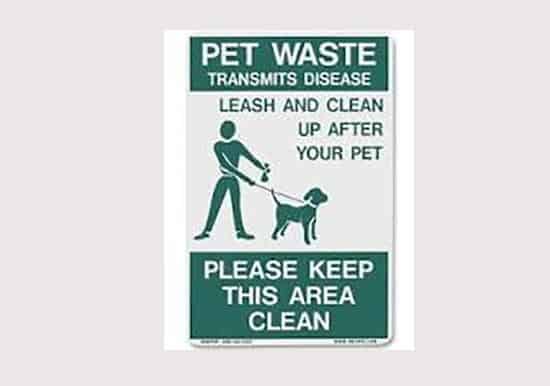
Most puppies don’t need to see a veterinary behaviorist. They need good early socialization and reward-based training to learn how to be “good dogs” in society and at home. Unfortunately, there are some puppies whose behaviors are beyond what is considered normal for a puppy at their developmental stage. Consider them special-needs puppies, just as if they had a physical problem.
Those are the puppies who would benefit from working with a board-certified veterinary behaviorist. Think of it this way: most children do great with early socialization and learning from their families and at school. However, some children need early intervention to help them be more successful in society, and the same is true for puppies.
Our knowledge of how to raise puppies to be good with people, other dogs, going to new places, and seeing new things has come a long way in the last 20 to 25 years. We know there are benefits from appropriate early socialization, especially through well-run early puppy classes for ages 8-14 weeks old. Gone are the days when puppy owners were told to wait until puppies had received all their puppy vaccinations before starting classes, or even to wait until they were 6 months old to start training.
We have also learned that when puppies have extreme reactions to new experiences, they don’t outgrow these reactions. These reactions can include being anxious or afraid of unfamiliar people, other animals, sounds, or new places. It can include reacting aggressively at unsuitable times such as when being handled gently, when prevented from doing something the puppy wants to do, or when overly stimulated.
These dogs continue to be afraid, anxious and possibly aggressive as they mature, and their reactions may get more intense when they become adults around 2-3 years old. A special-needs puppy might be too fearful to meet new people, or who tries to get away or hide behind your legs if a neighbor approaches while you’re out for a walk.
They could also be a puppy who shows aggression (growling, baring teeth, biting) at a young age, or who are anxious about loud noises, such as thunderstorms or fireworks. Normal socialization with these puppies often fails and the puppies aren’t able to overcome their anxieties.
For example, a normal but shy 9-week old puppy may stay behind her owner’s legs during the first session of a puppy class, but over the next week or so, she has overcome this shyness and is enjoying the class like the other puppies. But a special-needs puppy, even with delicious treats and everyone in the class trying to make her feel comfortable, not only doesn’t she overcome her fears but may become more afraid as the classes progress.

suggest a happy dog
If puppies use aggression at a young age, people may attempt to laugh it off, saying things like, “He thinks he’s such a big, tough dog,” while ignoring the anxiety or fear their aggression. Even worse, people may attempt to punish the puppy to stop the aggression, which is likely to make their anxiety and aggression worse and more dangerous, especially when they grow out of being a little puppy and become an adult dog.
If you’re seeing any concerning behaviors from your puppy, see your veterinarian first to make sure that your puppy doesn’t have any underlying medical conditions causing the behavioral problems. If behavior concerns persist after the puppy is given a clean bill of health and your veterinarian has run out of ideas, referral to a veterinary behaviorist is the next step. A veterinary behaviorist can evaluate your puppy’s behavior, look for any physical conditions that may be a factor in that behavior, formulate a diagnosis, and put together a behavioral treatment plan.
Your puppy’s treatment plan will include humane, scientifically sound behavior modification and management recommendations. Medication may be prescribed if your pup’s veterinary behaviorist thinks it is appropriate. The purpose of behavioral medication is not to sedate a puppy, but to reduce anxiety and increase focus so it’s easier for them to learn new responses to things that make them anxious.
A comprehensive behavioral treatment plan also includes follow-up plans to keep your puppy on the right track as they mature and reach different developmental milestones. With well-timed behavioral intervention, a dog’s mal-adaptive behavior can significantly improve. They may never be 100% like other dogs but they can learn to interact with people and their environments in much healthier ways. That difference can mean the world to your pooch and to your family.


